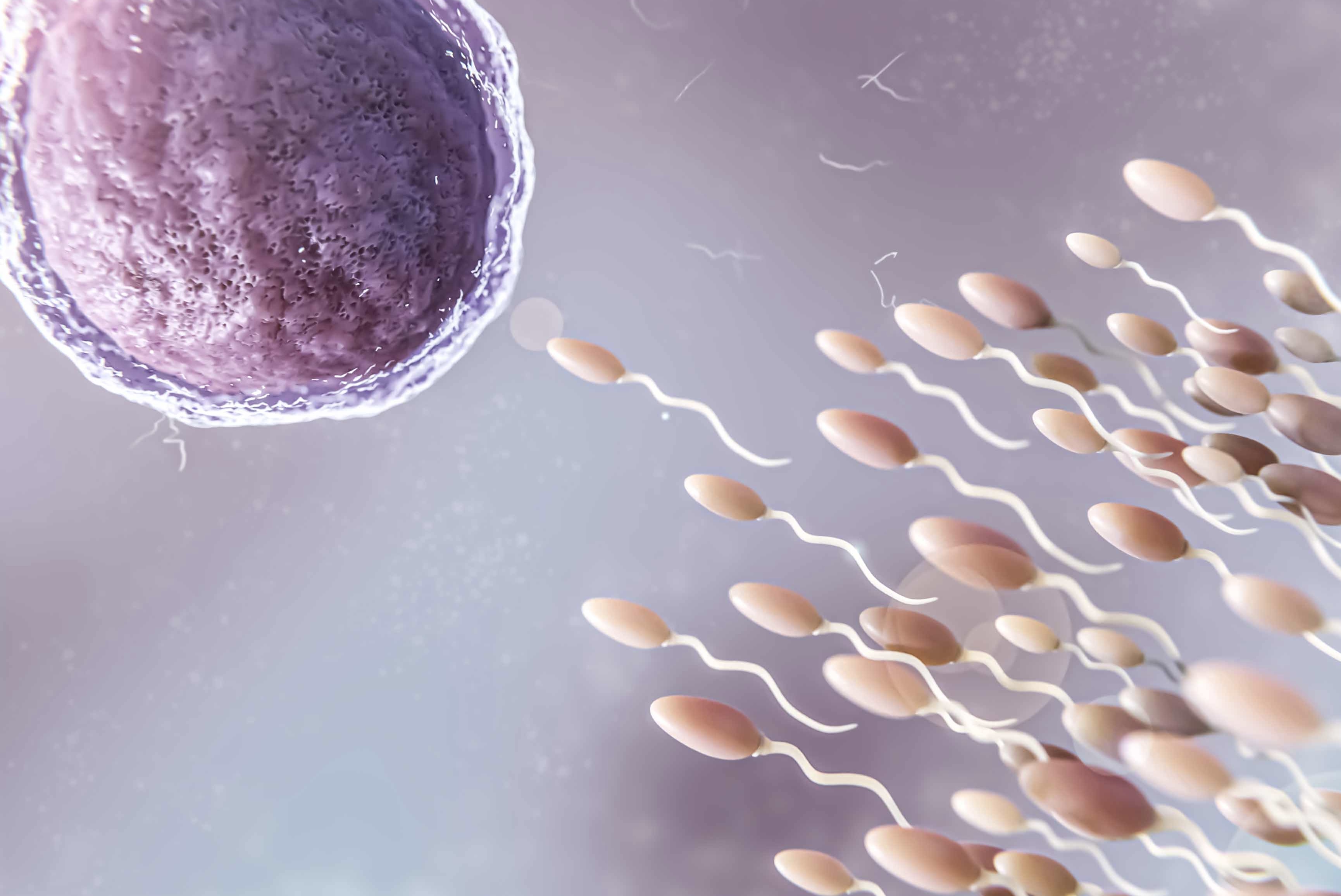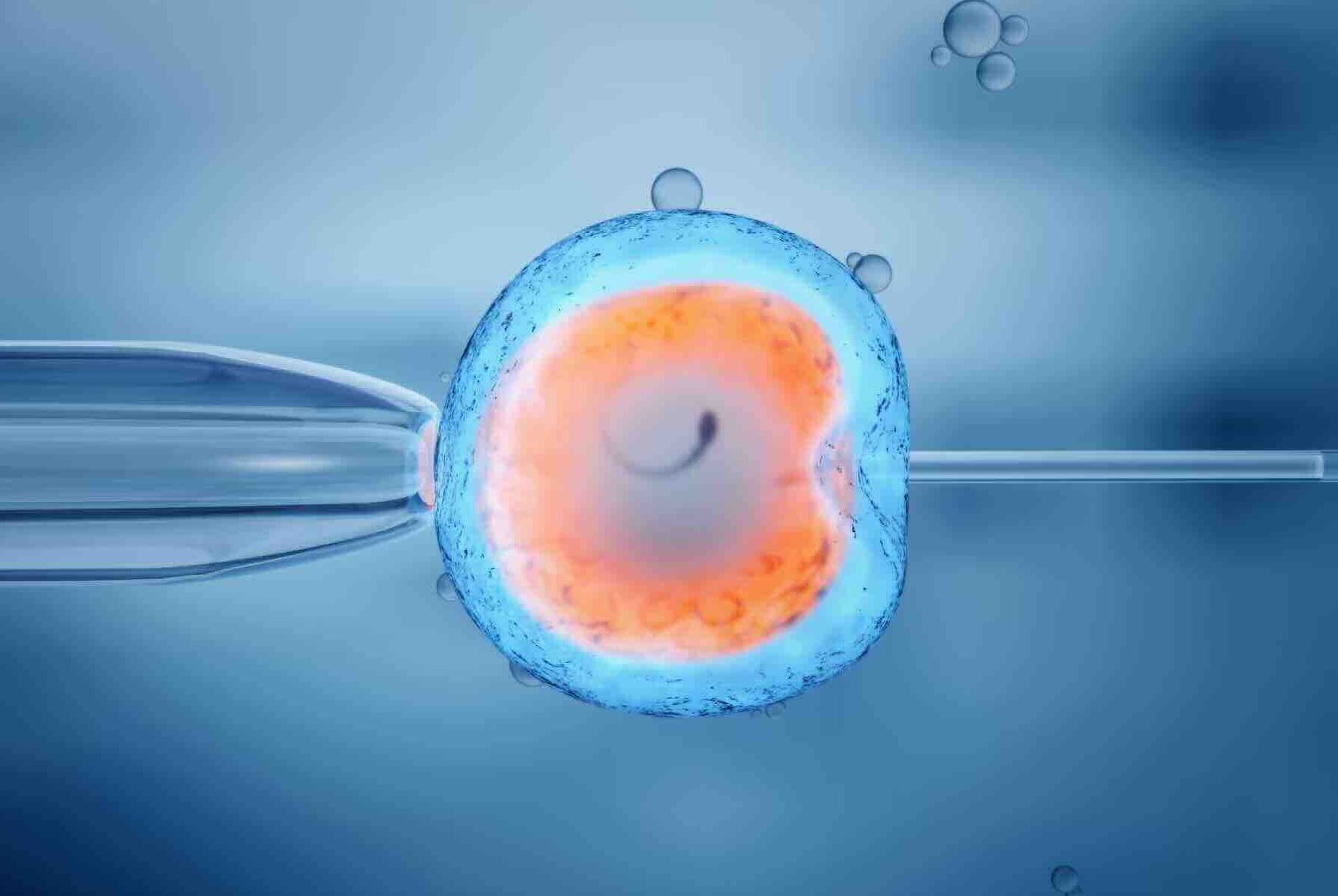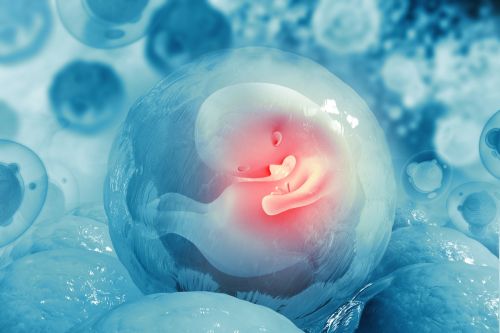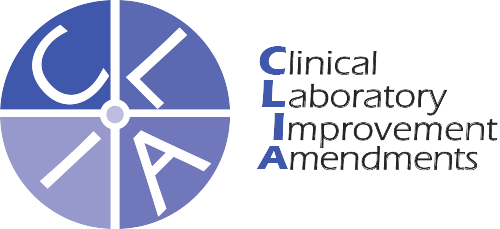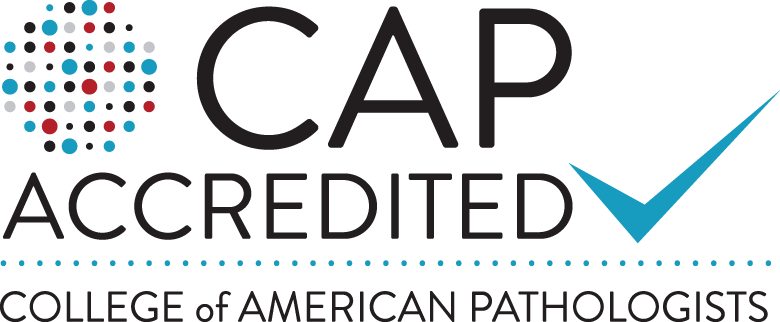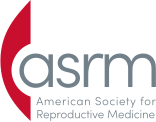Services for Individuals with Eggs
IUI (Intrauterine Insemination)
IUI involves placing concentrated sperm into the uterus around the time of ovulation.
IVF (In Vitro Fertilization)
IVF involves retrieving eggs and sperm, fertilizing them in an AFMC laboratory to create embryos, and then placing a healthy embryo into the uterus to achieve pregnancy.
Co-IVF
If you and your partner(s) are interested in using a healthy sperm donor, co-in vitro fertilization (Co-IVF) is the newest fertility treatment that affords multiple partners the chance to participate physically in the reproductive process.
Gestational Surrogacy
Gestational surrogacy is a process in which an individual who did not provide the egg used in conception carries the pregnancy and gives birth to a baby for another person or couple.
Services for Individuals with Sperm
IUI (Intrauterine Insemination)
IUI involves placing concentrated sperm into the uterus around the time of ovulation.
IVF (In Vitro Fertilization)
IVF involves retrieving eggs and sperm, fertilizing them in an AFMC laboratory to create embryos, and then placing a healthy embryo into the uterus to achieve pregnancy.
Co-IVF
If you and your partner(s) are interested in using a healthy sperm donor, co-in vitro fertilization (Co-IVF) is the newest fertility treatment that affords multiple partners the chance to participate physically in the reproductive process.
Gestational Surrogacy
Gestational surrogacy is a process in which an individual who did not provide the egg used in conception carries the pregnancy and gives birth to a baby for another person or couple.
Egg Donor Conception
Gestational surrogacy is a process in which an individual who did not provide the egg used in conception carries the pregnancy and gives birth to a baby for another person or couple.
Services for Those Who Have Had Bottom Surgery
IUI (Intrauterine Insemination)
IVF (In Vitro Fertilization)
IVF involves retrieving eggs and sperm, fertilizing them in an AFMC laboratory to create embryos, and then placing a healthy embryo into the uterus to achieve pregnancy.
Co-IVF
If you and your partner(s) are interested in using a healthy sperm donor, co-in vitro fertilization (Co-IVF) is the newest fertility treatment that affords multiple partners the chance to participate physically in the reproductive process.
Gestational Surrogacy
Gestational surrogacy is a process in which an individual who did not provide the egg used in conception carries the pregnancy and gives birth to a baby for another person or couple.
For Those Taking Hormones
Individuals Taking Testosterone
- Trans people with eggs who are taking testosteroneToday, there is only limited data regarding the impact of high levels of testosterone on egg health. That’s why we encourage trans and gender-diverse individuals who have started gender-affirming hormone therapy (GAHT) to stop taking testosterone for at least three months before fertility treatment so that you have the best possible chance of achieving your fertility and family-building goals.
- While there is data on how high levels of testosterone can impact egg health, it is still minimal. At AFMC, to have the best chance to achieve your fertility and family-building, we recommend that trans and gender-diverse individuals who have started gender-affirming hormone therapy (GAHT) with testosterone stop for at least three months before fertility treatment.
- AFMC has helped hundreds achieve pregnancy with the help of gestational surrogacy. The team works with concierge services that expertly guide intended parents through the surrogacy process. Together, they organize the medical screening of potential surrogates, review candidates to help determine eligibility, and coordinate treatment and transfer cycles between the egg donor and surrogate.
Individuals Taking Estrogen
For individuals taking estrogen, it’s essential to understand the potential impacts on fertility. Estrogen therapy, part of gender-affirming hormone therapy (GAHT), can affect sperm production and quality. If you’re planning on starting GAHT or have already begun and are considering fertility treatment, here are some key points to consider:
- Sperm Preservation: Before starting estrogen therapy, consider sperm preservation. This involves collecting and freezing sperm, ensuring you have the option for biological children in the future.
- Consultation with Specialists: Schedule a consultation with a fertility specialist who has experience with transgender patients. They can provide personalized advice and discuss options for preserving fertility while undergoing hormone therapy.
- Temporary Cessation: If you are already on estrogen therapy and wish to pursue biological parenthood, your specialist might recommend temporarily stopping hormone treatment. This pause can help improve sperm production and quality, enhancing the chances of successful fertility treatments.
Trans People with Eggs Taking Testosterone
There is limited data on the long-term impact of high levels of testosterone on egg health. However, preliminary studies suggest that high testosterone levels may adversely affect ovarian function and egg quality. Here are some important considerations:
- Cessation Period: To improve fertility outcomes, it is recommended to stop testosterone therapy for at least three months before starting fertility treatments. This break allows the ovaries to recover, enhancing the chances of successful egg retrieval and fertilization.
- Personalized Treatment Plans: Engage with fertility specialists who have experience working with trans and gender-diverse individuals. They can develop a personalized treatment plan that considers your unique circumstances and reproductive goals.
- Surrogacy Options: If carrying a pregnancy is not an option or not desired, consider gestational surrogacy. At AFMC, we have helped hundreds achieve pregnancy through surrogacy. Our team works with concierge services that expertly guide intended parents through the surrogacy process, including medical screening of potential surrogates, reviewing candidate eligibility, and coordinating treatment and transfer cycles between the egg donor and surrogate.
For Those Not Taking Hormones and Have Not Had Bottom Surgery
Individuals with Eggs
- Options before bottom surgery and while not taking testosterone. Trans individuals with eggs who have not had bottom surgery and have also not started Hormone Replacement Therapy have many options to consider, including intrauterine insemination (IUI), in vitro fertilization (IVF), and reciprocal IVF (Co-IVF).
- Suppose you are a trans individual with eggs and have not had bottom surgery or Hormone Replacement Therapy. In that case, you have many options to consider to achieve pregnancy, including intrauterine insemination (IUI), in vitro fertilization (IVF), and reciprocal IVF (Co-IVF).
Individuals with Eggs Sperm
- Options before bottom surgery and while not taking testosterone. Trans individuals with eggs who have not had bottom surgery and have also not started Hormone Replacement Therapy have many options to consider, including intrauterine insemination (IUI), in vitro fertilization (IVF), and reciprocal IVF (Co-IVF).
- Suppose you are a trans individual with eggs and have not had bottom surgery or Hormone Replacement Therapy. In that case, you have many options to consider to achieve pregnancy, including intrauterine insemination (IUI), in vitro fertilization (IVF), and reciprocal IVF (Co-IVF).
For Those Who Have Had Bottom Surgery
No Longer Producing Gametes
- At AFMC, we help trans and gender-diverse individuals and couples build their families regardless of where they are in their transition. If you and your partner have already undergone bottom surgery and no longer produce gametes, our team of experts will assist you in finding an egg and sperm donor.
- If needed, our team can also assist you in finding a gestational surrogate. The team at AFMC works with a concierge service that expertly guides intended people through the surrogacy process. The team organizes the medical screening of potential surrogates, reviews candidates to help determine eligibility, and coordinates treatment and transfer cycles between the egg donor and surrogate.

